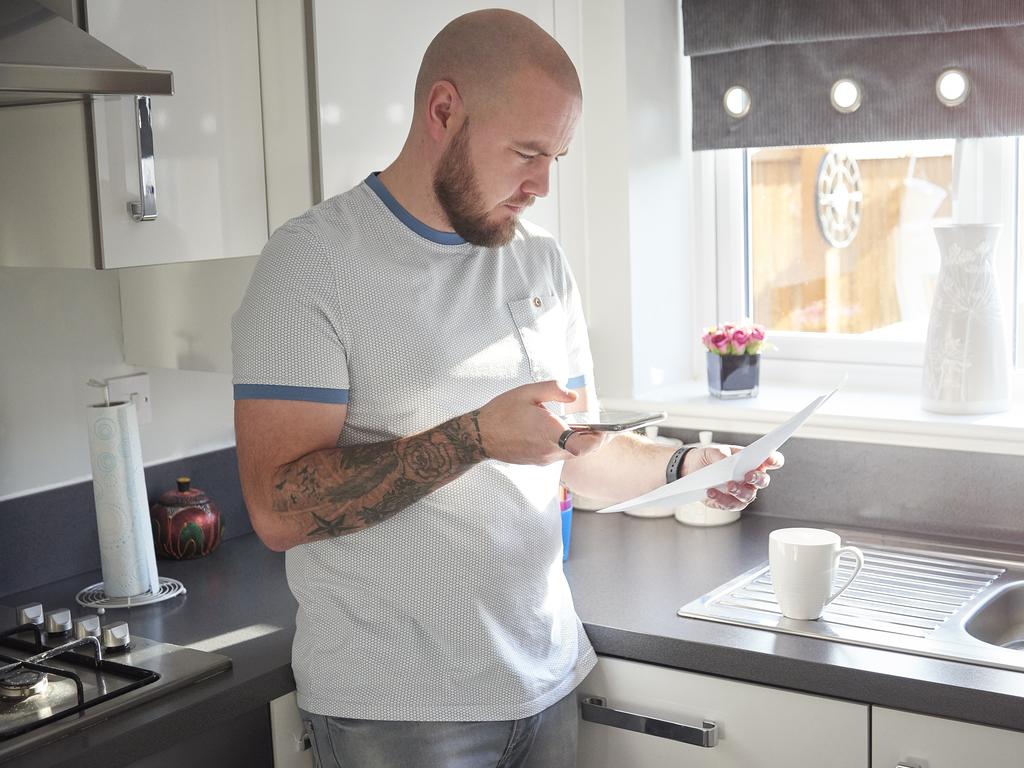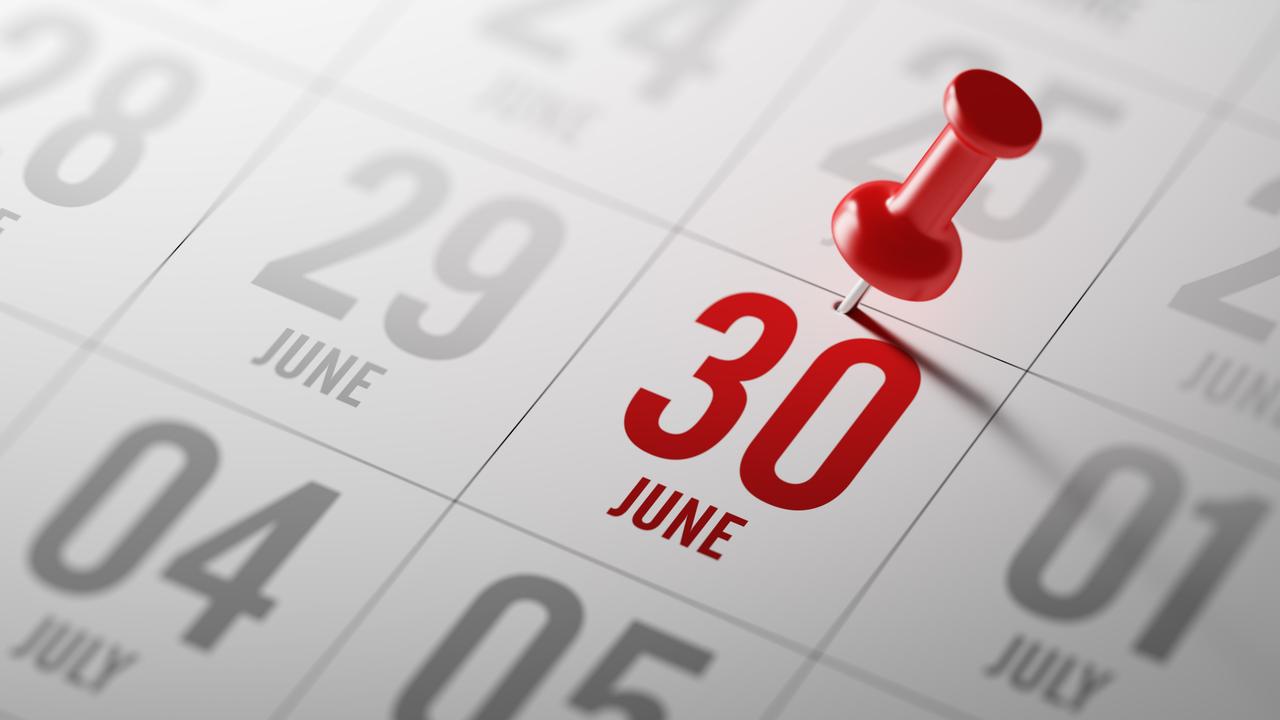Should you fix your energy before July 1? Prices tipped to soar
Living costs are rising, and energy prices are set to jump too in July. But there are ways you can try to combat it.

These products are hand-picked by our team to help make shopping easier. We may receive payments from third parties for sharing this content and when you purchase through links in this article. Product prices and offer details are not assured, and should be confirmed independently with the retailer. Learn more
Last year’s cheap wholesale prices reduced the cost of supplying electricity to households to an eight-year low.
ACCC Chair Rod Sims said at the time that “more renewable generation and lower fuel costs have brought down the wholesale price of electricity”.
And while it would be nice to say that those sweet low prices are staying the way they are, thanks to factors including higher demand, coal generator outages and fuel costs, they have instead shot up.
According to a recent report by the AEMA, the National Electricity Market (NEM) averaged $87 per MWh for the first quarter of 2022, up 67 per cent from Q4 2021 and 141 per cent on Q1 2021.
And there’s more to come. Many energy retailers will hike their prices up for households on July 1, as that’s the date that retailers in NSW, QLD, SA and WA make their adjustments.
So, if the cost of living is already putting a strain on your bank account, here are some ways you can take action to help soften this next hit of price hikes.
Try to find a cheaper energy deal

How can I save on my energy bills?
Fix your rates
What does it mean to fix your rates?
Fixing your rates means to lock in your energy prices, as chosen by your provider. It is a fixed price, not subject to any fluctuations that may usually happen with energy prices. However, keep in mind that a fixed rate is not a fixed cost. While you’re locking in the price you are paying for energy, you will still have to pay according to how much energy you use in that billing period.
So, if you use more energy than usual, you will have a higher bill. But, if a retailer decides to lift or drop their prices, you won’t be subject to that change.
What are the advantages of having fixed rates
Fixing rates gives you a level of certainty around the bills you will have to pay in the future.
This might be preferable if you have a big family, use a lot of energy and need to have some idea of what energy costs you month to month.
If the prospect of an upcoming price increase in July makes you nervous, consider fixing your prices so that you can plan ahead, maintain consistency and have peace of mind.
Click to try and slash your power bill

Wait and see what else is available
If you live alone, or have a reasonably small energy bill and flex in your budget, you might feel comfortable waiting to see what else is available.
Once prices change, you can shop around using a comparison service like iSelect, which allows you to see what is available in your area for your residential situation.
By waiting out for prices to change, you are risking the possibility that all prices (even the cheapest ones out there) will be more than what you are paying now due to price hikes.
But, in the end it could be a close bet to fixing your rates, as energy companies may ensure your fixed rate is an amount that suits them best (and sees them coming out on top at the end of the day).
Try and save energy to lower energy bills
Fixing your rates or even waiting to switch will likely help you save when energy prices rise. On top of this, or as a lesser alternative, you can try and save energy to keep your bill at bay.
Ben Henderson, joint CEO of Next Green Group, says wholesale energy costs are anticipated to remain high throughout 2022 and 2023.
“Reduce the energy being consumed by implementing efficiency measures such as LED lighting and high-efficiency refrigeration … (or) through cheaper onsite energy supply such as solar power,” Mr Henderson said.

The Australian Energy Regulator recommends shutting up your house on hot and cold days, and only using the air conditioner where necessary, and not on extreme temperatures.
Also, make sure there is room around your fridge and that fridge doors seal properly.
Lastly, ensure you wash clothes on a cold wash, and use the clothes line where possible, instead of a dryer.
RELATED: How to read your energy bill




